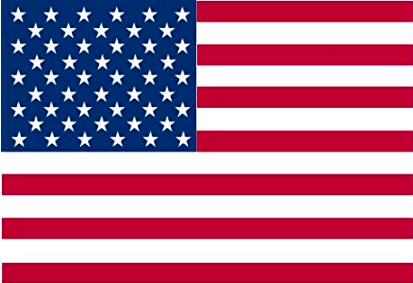The Trial Begins: Defense Sets Out to Argue Glaring Loopholes on the Prosecution’s Case
While Nancy Pelosi and her team scuffle back and forth in preparation for the impeachment trial, the prosecution might have forgotten one important thing, an indictable offense.
“What constitutes an indictable offense?” This question remains at the heart of the impeachment trial.
With a powerhouse team, including the infamous Harvard Professor Alan Dershowitz, Trump’s defense argues a hole in the prosecution’s case stating that “abuse of power” is not enough to impeach the president.
Today’s trial sits on the prosecution’s claims that Trump has abused his power over his conduct with Ukraine.
In an interview with ABC News’ host George Stephanopolous, Dershowitz, who had handled multiple high-profile cases, explained that:
“But they weren’t elements—they are not articles of impeachment. The articles of impeachment are two non-criminal actions, namely obstruction of Congress and abuse of power, and those are—would have to be voted on by the Senate.”
Dershowitz added, “When you have somebody who, for example, is indicted for a crime—let’s assume you have a lot of evidence—but the grand jury simply indicts for something that’s not a crime, and that’s what happened here, you have a lot of evidence, disputed evidence, that could go both ways, but the vote was to impeach on abuse of power, which is not within the constitutional criteria for impeachment, and obstruction of Congress.”
A Look Back In time
According to Dershowitz, the defense uses the arguments from Andrew Johnson’s 1869 impeachment trial. The event came after the end of the Civil War, as Johnson vetoed against legislation passed by Congress—to protect the people who had been recently freed from slavery.
However, this clashes with the Republican-controlled Congress, which held more than two-thirds of the majority—enough to win an impeachment trial.
With this, the lower-house set an agreement to impeach Johnson on February 24, 1968. To start, the prosecution wrote 11 articles of impeachment. The most powerful argument presented in the articles is the abuse of tenure.
In return, Johnson’s defense claimed that the misinterpretation of law is not a criminal offense. Johnson won, and the argument ultimately led to his acquittal.
Fast forward to 2020, the Democrats claim that Trump’s “abuse of power” is the highest crime against the Constitution. In fact, during the impeachment investigation, Speaker Nancy Pelosi accused the president of bribery, obstruction of justice, and extortion.
However, none of these allegations appeared on the articles of impeachment and continues to remain unfounded. Today, the trial begins as Dershowitz and the defense team prepares for swift proceedings.
The defense continues to stand that the case against the president is “structurally deficient.” As The National Review perfectly sums it up, “Everything that is happening owes to the fact that we do not have an offense sufficiently grave for invocation of the Constitution’s nuclear option. If we had one, the machinations and the posturing would be unnecessary—even ridiculous.”
Ultimately, experts believe that the decision will set the bar over what constitutes an indictable offense and will eventually shape the future of impeachment proceedings.



 RSS
RSS
